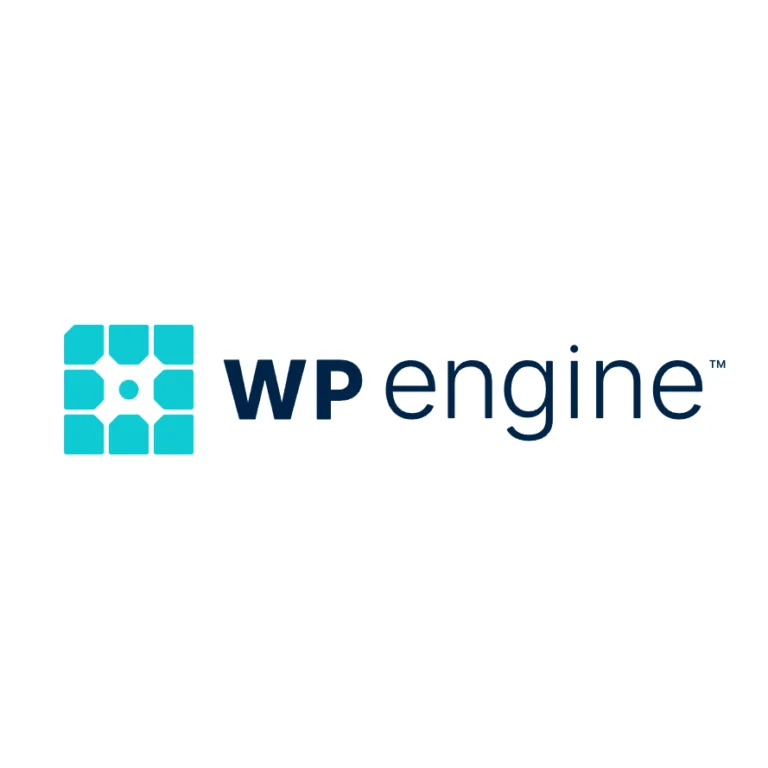In today’s fast-paced business landscape, meeting document management compliance requirements is more crucial than ever. Running afoul of these demands can lead to major fines, damaged reputations, and a loss of customer trust. It’s not just about piling up documents in a corner or a digital folder. It involves thorough, well-organized processes designed to ensure security and accessibility.
Why Compliance Matters
Document management compliance is essential for several reasons. It ensures that the information you hold is secured and processed legally. Regulatory bodies have specific rules that businesses must follow. Failure to do so can result in compliance penalties, some of which could be severe. More importantly, compliance boosts customer confidence. When customers see that their information being handled responsibly, they’re more likely to trust your business.
Understanding Compliance Standards
Various sectors have unique compliance standards. For instance, healthcare facilities adhere to HIPAA regulations while financial institutions must comply with SOX and PCI-DSS standards. They set the guidelines for handling sensitive information. Failure to follow these can mean heavy fines or even business shutdowns. Therefore, it pays off to be sure that your document management system aligns with these compliance requirements.
Components of a Compliant Document Management System
What makes a document management system compliant? Well, there are several key components. One of them is data security. This means ensuring that all information is encrypted and access is limited to authorized personnel only. Another element is audit trails. They track who accessed which document and when, an important feature when legal issues arise.
Then there’s retention and disposal policies. Every document has a lifecycle. Once its purpose is served, it needs to be disposed of properly. A compliant document management system ensures that documents are kept only as long as necessary and then securely destroyed. Lastly, consistent training for all employees ensures everyone knows how to handle documents correctly.
Leveraging Intelligent Automation
The technological evolution we are currently experiencing has made intelligent automation an imperative for business survival. Automation not only streamlines processes but also minimizes human error, enhancing compliance levels. For example, automated workflows can ensure that documents are not misplaced and are processed swiftly, following compliance protocols without delays.
Media & Technology Group, LLC is at the forefront of this advancement. By implementing AI and business process automation, we help businesses achieve seamless document handling which meets all compliance requirements. With our expertise in software development and technical project management, we ensure that automation enhances, rather than complicates, operational workflows.
Steps to Achieve Compliance in Document Management
Achieving document management compliance involves several steps. Start by understanding the specific regulations in your industry. Become familiar with what documents you need to retain and exactly how long they should be kept. Then, utilize technology like Media & Technology Group, LLC offers to automate and streamline your system.
Next, put strong security measures in place. Use encryption technologies to protect sensitive data and limit document access to only those who require it. Be sure to conduct regular audits to ensure everything is going as planned and compliance is being maintained. These audits can highlight potential issues before they become critical.
Continuous Training and Updating Policies
Rules and regulations aren’t static. They change as new threats and technologies emerge. Therefore, continuous training of your team is essential. Keeping your workforce updated ensures that your company remains compliant with evolving standards. Have a robust training calendar in place that covers privacy laws, document handling, and security practices.
Moreover, regularly updating document handling policies keeps compliance checks in place. Policies should reflect any new changes in regulations. Periodically review and revise these policies to align your operations with current industry benchmarks. Media & Technology Group, LLC can assist in consulting on these updates, ensuring everything’s up to standard.
The Role of AI in Document Management Compliance
Artificial Intelligence plays a significant role in today’s document management landscape. It not only enhances data accuracy but also ensures that every step in the document’s lifecycle adheres to compliance standards. AI-driven tools help analyze large volumes of documents instantly, checking for inaccuracies or compliance failures. This allows for rapid remediation and reduces risk exposure.
At Media & Technology Group, LLC, we recognize the undeniable impact of AI on document management compliance. Our focus on AI implementation supports businesses in transitioning from manual processes to automated, intelligent workflows. By doing so, we help firms save time, reduce errors, and maintain higher compliance levels.
Risks of Non-Compliance
Understanding the risks of non-compliance can’t be overstated. Businesses that fail to meet compliance requirements may face more than financial penalties. They may also experience a setback in operational efficiency due to cumbersome manual monitoring. Such inefficiencies can lead to mistakes, lost documents, or mishandled information, impacting business reputation.
Several companies have learned the hard way that non-compliance can lead to public trust erosion. Customers value their privacy and would naturally gravitate towards companies with proven compliance track records. Hence, ensuring compliance not only avoids legal issues but is also a strategic business decision in the long term.
Conclusion
The fast-evolving landscape of technology demands businesses to be agile and adaptable. Meeting document management compliance requirements is a crucial part of this. At Media & Technology Group, LLC, we help companies leverage intelligent automation, AI, and robust process management systems to stay ahead in compliance, avoid risks, and build a trusted brand image. In this digital age, a streamlined, compliant document management system isn’t just nice; it’s necessary.







